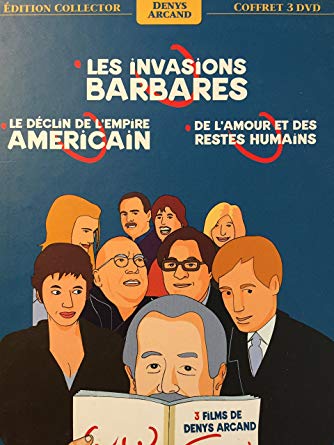1764 London, Politics: A majority of the House of Lords voted to expel John Wilkes because of his ‘Essay on Women’ which parodied Alexander Pope’s ‘An Essay on Man’ with its homage to the natural order. It was deemed obscene, libellous, and seditious and…. He promptly ran for a seat in the House of Commons and won. He seems to have lurched, often inebriated, from one cause célèbre to another in denouncing corruption in government and asserting populist causes. For a time he was Lord Mayor London. I have been unable to find out anything about the Essay except that it exists.
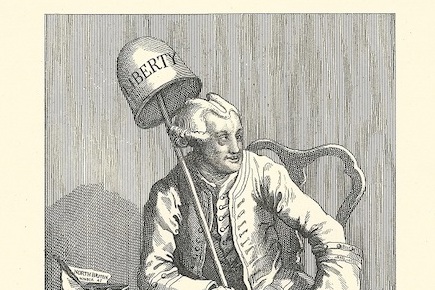
1848 Paris, Politics: Karl Marx and Friedrich Engels published ‘Manifest der Kommunistischen Partei’ (“Manifesto of the Communist Party”). It passed largely unnoticed until authorities began banning it. That free publicity caused it to be taken up by all manner of socialist, anarchist, dissident, and opposition groups throughout Europe. Sotheby’s sold a first edition like that pictured below last year for — sit down — £91,200.
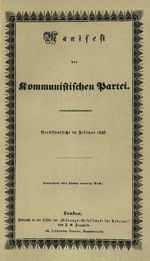
1878 New Haven, Technology. The world’s first telephone book was issued, a single piece of cardboard listing fifty names and numbers.
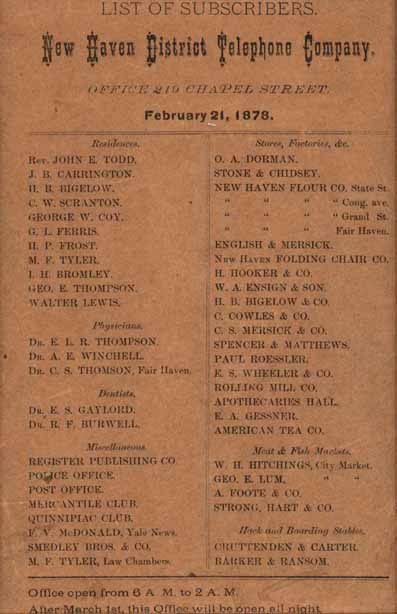
1947 Boston, Technology: Harvard alumni Edwin Land demonstrated the first Polaroid camera at a meeting of the Optical Society. He had devised a film that used polarised light to develop itself. The first black and white prints took 60 seconds. It went on sale two years later. I used one for years to photograph students. It helped to learn their names. I also discovered that it was an ice breaker in interviews. Show someone a camera and they pose. It is learned behaviour.
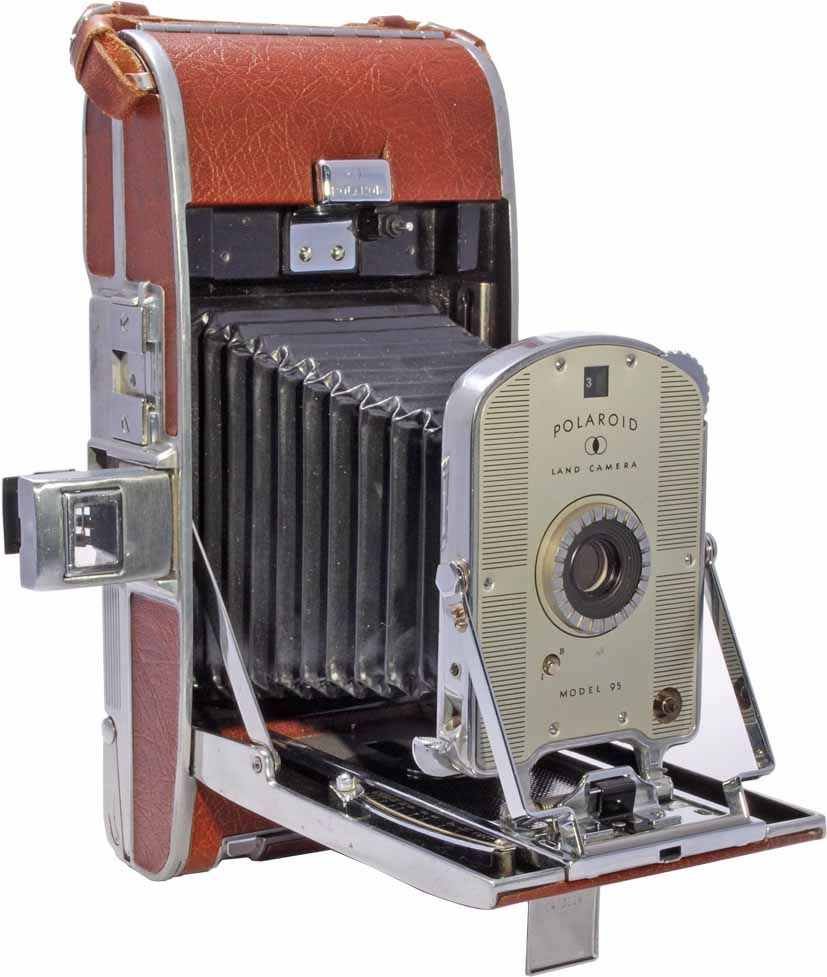
1972 Shanghai (China), Politics: US President Richard Nixon landed in the People’s Republic of China for the first ever Presidential contact with the Communist Regime. The last American official in mainland China had left in 1949. Nixon had a strategic sense absent from nearly all later presidents. His rapprochement with the PRC was intended to confuse the Union of Soviet Socialist Republics, and it did. I chose the picture below because Nixon probably had extensive lessons on using chopsticks before he went. He was one for preparation and left nothing to chance. Garry Wills’s superb take on Nixon is discussed elsewhere on this blog.
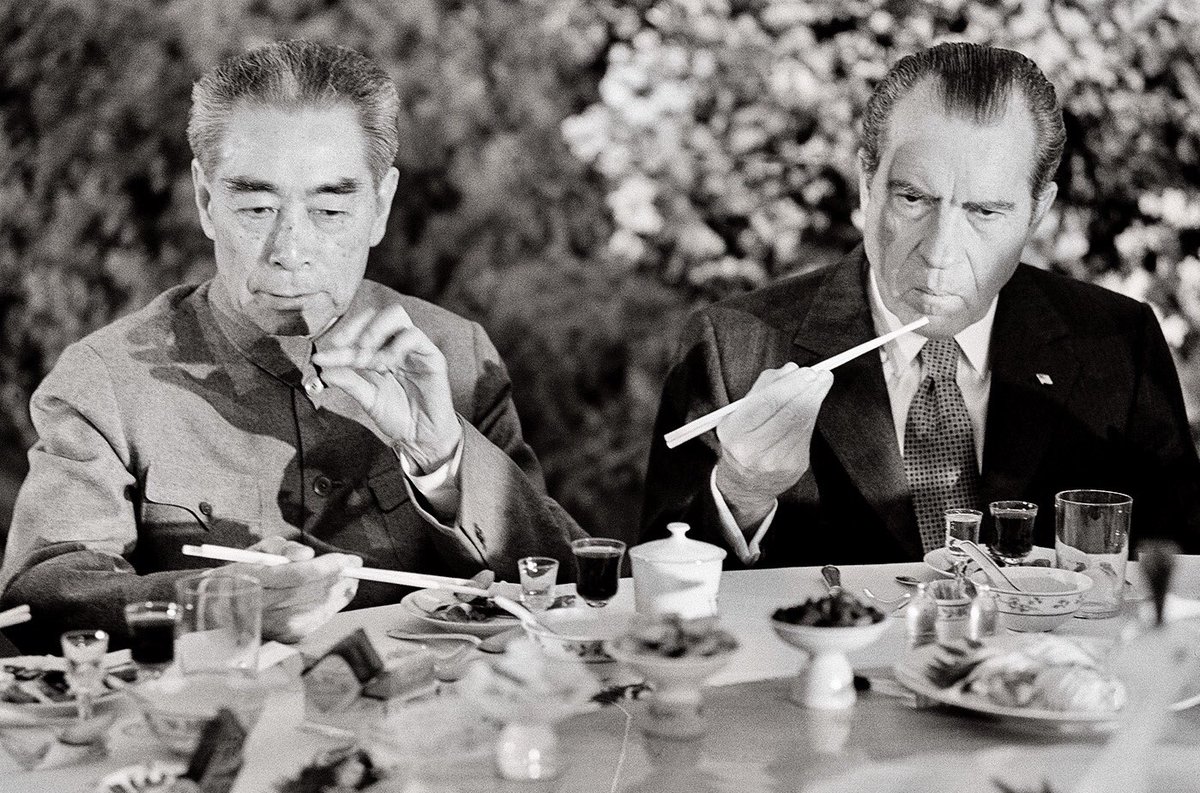
Month: February 2019
February 20
1903 London, Vexillology: King Edward VIII’s royal approval for the Australian flag was gazetted. In the Federal Flag competition there had been more than 32,000 entries. The entry selected was derived from five virtually identical submissions, two from teenagers. The five shared the prize money. Over the years, as committees must, the points on the stars have been tweaked.
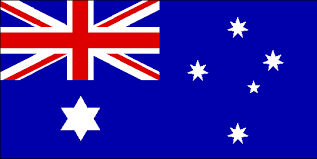
1913 Canberra: History: King O’Malley, a larger than life American immigrant, drove the first peg to mark the layout of Canberra, a new capital for a new county. A biography of O’Malley is discussed elsewhere on this blog. Click on.
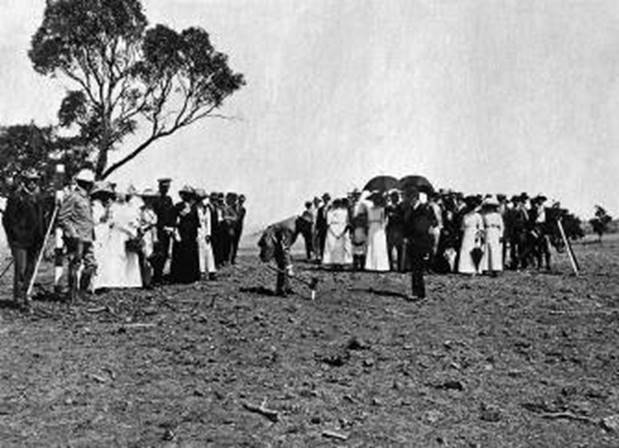
1962 Space, Technology: John Glenn piloted Friendship 7 in orbit, and made that comment about the lights that no one ever mentioned again. He spent five hours in orbit before safely splashing down in the Atlantic Ocean. We watched some of it in the high school auditorium. Glenn was one of the original Mercury Seven, and later a U.S. Senator from Ohio when Republican Senators acted like Senators and not shills.

1985 Dublin, Society: The Irish government made the sale of contraceptives legal. The measure had been steadfastly denounced from the Archbishop’s palace, which had been for decades the seat of rule in Ireland in all but name. Some say this is the first time an Irish government defied the expressed direction of the Roman Catholic Church. Charles Haughey was the Attorney General who drove the change. He was Irish Prime Minister on three occasions, each marked by crises and scandal, but he continued. The local press referred to him as the Great Houdini for his ability to escape defeats that would have crushed anyone else. The parliamentary vote was 83 – 80. The list below puts the matter into context.

1992 New York City, Politics: Businessman Ross Perot announced that he would run for president. He split the vote in November, benefitting Bill Clinton. He was a stimulating and refreshing candidate without a pretension to his name. His three objectives were (1) a balanced budget, (2) ending the export of jobs through out-sourcing, and (3) direct electronic democracy on local issues. He won nearly twenty per cent of the popular vote. He had no interest whatever in foreign policy and said so.
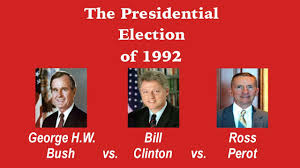
26 May
1896 St Petersburg, History: Nicholas II was crowned Tsar of all the Russians. He proved to be the last Tsar, though today his likeness is seen far and wide in Russia while Lenin has disappeared down the Memory Hole.

1908 Masjed (Persia), Technology: The first commercial oil strike in the Middle East was made by the Anglo-Persian Oil Company. Thus began the role of the region in the oil business. Calouste Sarkis Gulbenkian made his fortune there and we enjoyed some of the spoils at the museum he endowed in Lisbon.
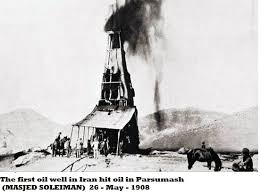
1940 Dunkirk, War: This was the first day of Operation Dynamo. Usually I do not include war but this is an exception.
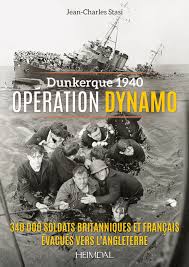
1959 Milwaukee, Sports: Baseball journeyman Harvey Haddix transcended himself and the game when pitched twelve perfect innings only to lose in the thirteenth. It is longest stretch of perfect pitching in a single game ever. The more noteworthy for being against the Milwaukee Braves with the bats of Henry Aaron and Ed Mathews in the lineup along with Mr ‘On-Base’ Bill Bruton. It is a unique sporting achievement.
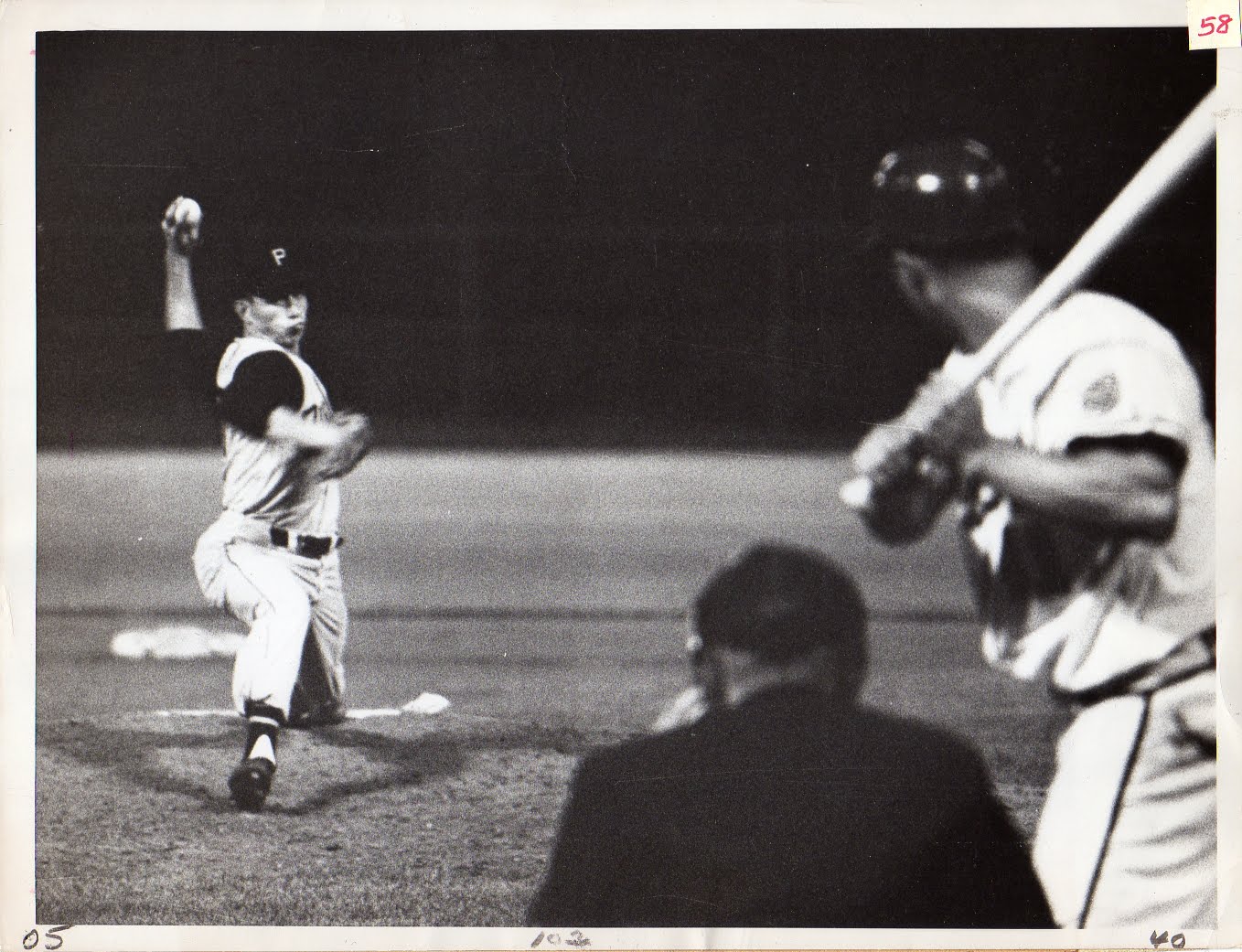
2000 Columbo, Literature: Science Fiction writer Arthur C. Clarke was knighted for services to literature. Read many of his novels and stories long before HAL came along.
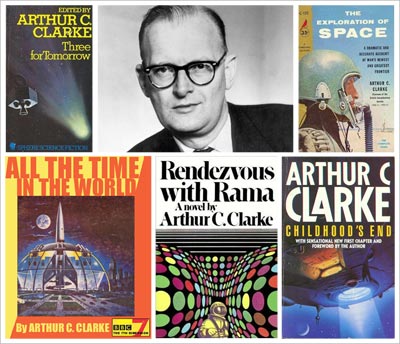
25 May
1842 Prague, Science: Christian Doppler presented the Doppler Effect to the Royal Bohemian Academy. It refers to the interaction of sound and movement as when a police car with its siren blaring approaches and recedes. At Mach 1+ an aircraft precedes the sound wave it generates.

1878 London, Music: Gilbert and Sullivan’s comic opera ‘HMS Pinafore’ premiered. It was their first major success. Seen it on the boards a couple of times.
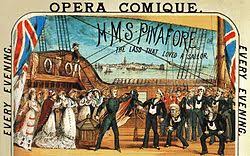
1911 Venice, Literature: Thomas Mann visited the Lido in Venice and that inspired his short novel ‘Death in Venice.’ Read it more than once. The film is true to the book thanks to Luchino Visconti’s genius though it makes the writer into a musician so that Mahler’s music features.
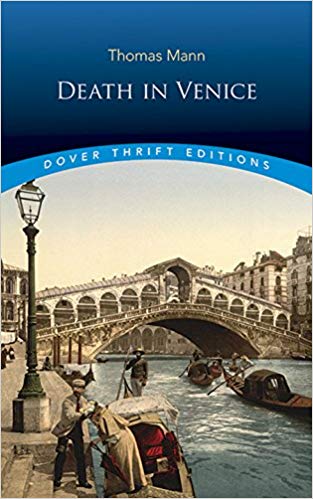
1961 Washington D.C., Politics: Before a joint sitting of Congress President John Kennedy proposed sending a man to the Moon before the decade was out. Mission accomplished.
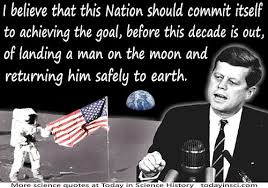
1977 Entertainment: ‘Star Wars’ screened. The Force has been with us since.
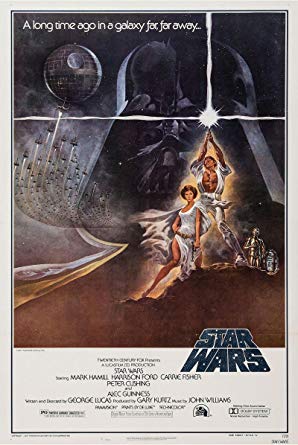
24 May
1595 Leiden, Knowledge: The Leiden University Library inaugurated its nomenclator, a printed catalogue of the books in the library. This is the first recorded use of catalog in an institutional library. For a time I had a reader’s card for this library, as I never tire of repeating.
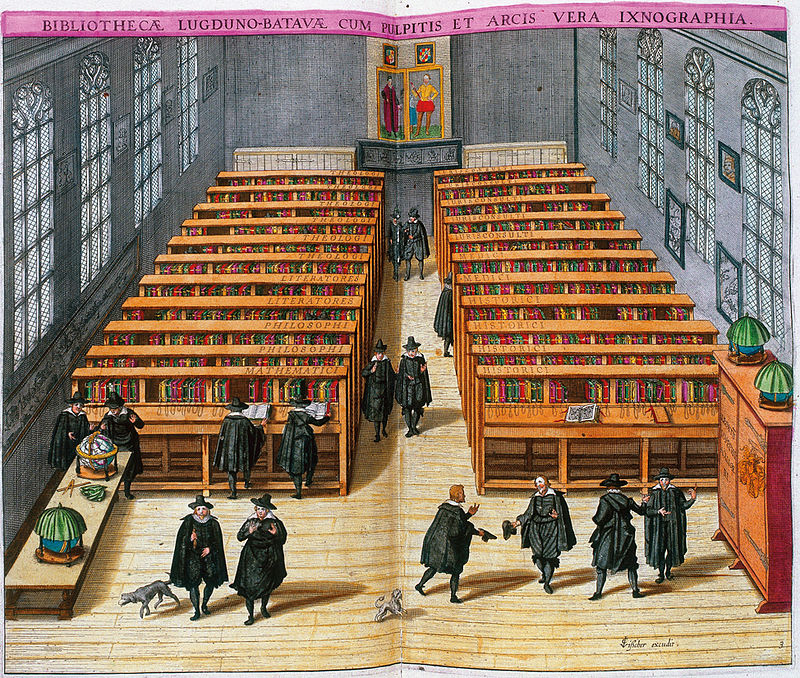
1838 Sydney, Commerce: The first David Jones store opened on George Street at Barrack Lane. It is oldest department store operating under its original name, according to Wikipedia. Welshman David Jones immigrated as a free settler, first to Tasmania and then New South Wales. It is usually referred to as DJs. Dropped a lot of dosh there in the food hall.

1844 Baltimore, Technology: Samuel Morse dispatched the first telegram on an experimental line to Washington DC, taking as the text Numbers 23:23, ‘What hath God wrought.’ Several Congressman observed the process.
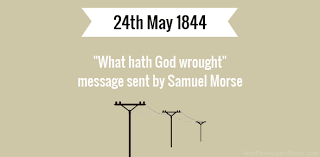
1930 Amy Johnson flew solo from England to Australia. Look closely below. KLM named one of its jets for her. That is more than Qantas has done.
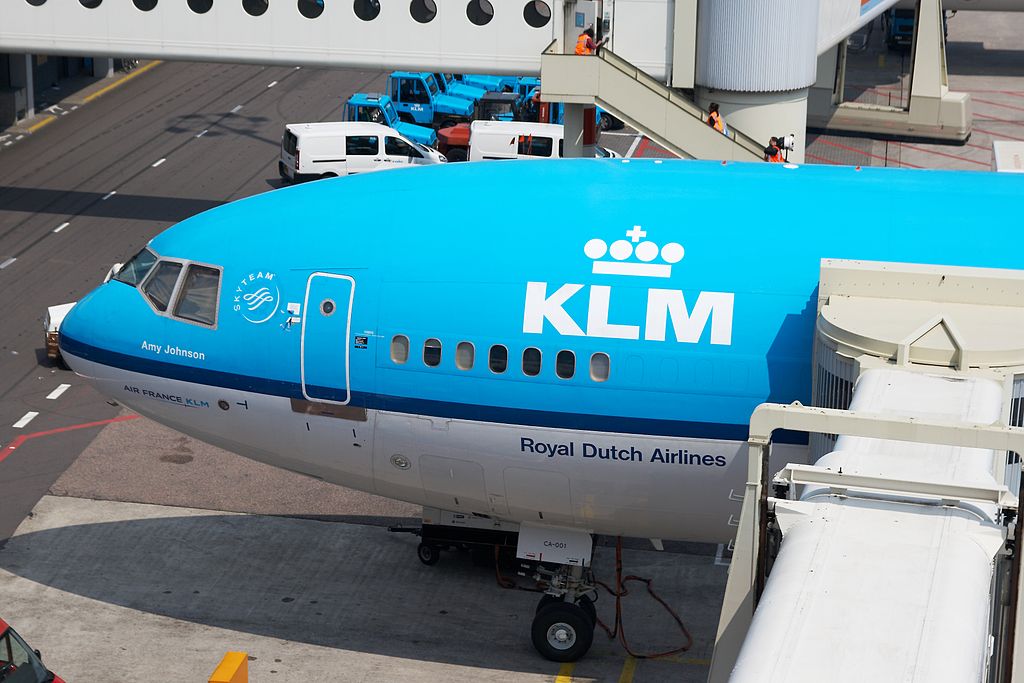
1978 Management consultant Marilyn Loden referred to a ‘glass ceiling’ to describe an invisible barrier to the careers of women.

2015 Dublin, Human Rights: Despite clerical opposition, a referendum on same-sex marriage passed with 62% of votes for yes.

23 May
1576 Copenhagen, Science: The Danish king gave Tycho Brahe Hveen Island upon which to build the Uraniborg Observatory. We saw some Brahe sights and sites in Copenhagen on a day of 20,000 steps.
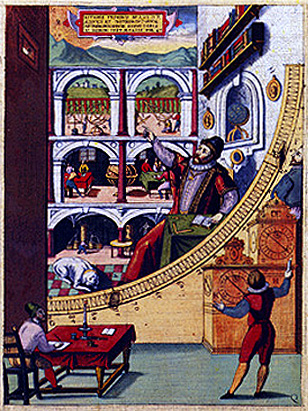
1785 Paris, Technology: Benjamin Franklin demonstrated bifocals. He had worn two pairs of glasses, one for reading and another for everything else, but found that a nuisance. He studied the lens in each and combined them.
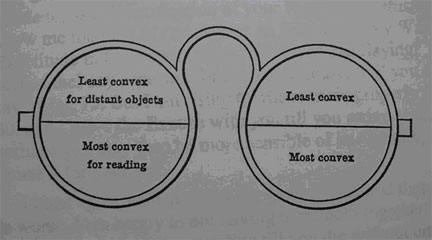
1911 New York City, Culture: On Fifth Avenue President William Taft dedicated the New York City Public Library, an immense Beaux-Arts marble building with lions on guard that remains imposing today. I have done research there for the books. Across the street is a glass and steel lending library.
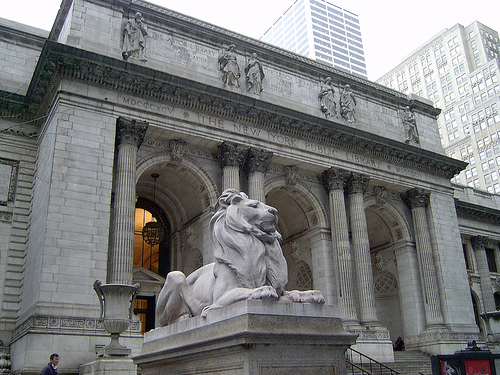
1958 Lincoln, Education: At Nebraska Book store Clifton Hillegass started Cliffs Notes with a guide to ‘Shakespeare’s Romeo and Juliet.’ It has become an immense business and spawned rivals. To anticipate what students do I have looked a few examples and found each to be very well done, though no substitute for the primary work.

1994 Hollywood, Entertainment: The last of 153 episodes of Star Trek: The Next Generation ‘All Good Things’ went to air. Remember to follow ‘The Prime Time Directive.’
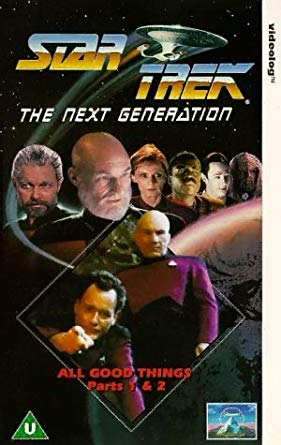
22 May
1570 Antwerp, Geography: Abraham Ortelius published the first atlas, called ‘Theatrum Orbis Terrarum’ (Theatre of the World). I have had a ‘Times of London Atlas’ on hand for many years.

1840 Sydney, History: By an Order-in-Council transportation of convicts to New South Wales ended.
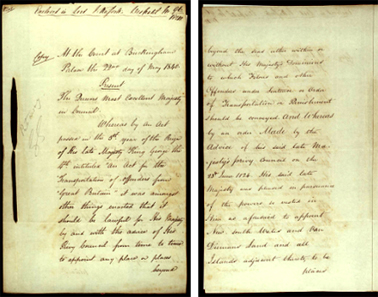
1843 St Louis, History: The first major wagon train on the Oregon Trail left with one thousand people following the Platte River northwest. The picture below is at Scotts Bluff.
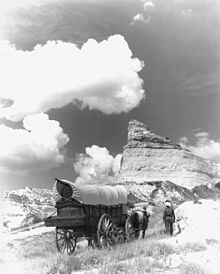
1849 Springfield, Technology: Abraham Lincoln patented a device for lifting boats over shoals.

2003 Fort Worth, Sports: Golfer Annika Sorenstam became the first woman to play in a Professional Golfers Association tour event since Babe Didrikson 58 years earlier. Didrikson beat everyone, and the men learned their lesson, thereafter banning women from tournaments. Initially the PGA refused Sorenstam’s application but when the sponsor of the event, The Bank of America, moved to rescind its contract, then PGA then conceded the point. Thus did the PGA affirm its place as one of the most retrograde organisations.
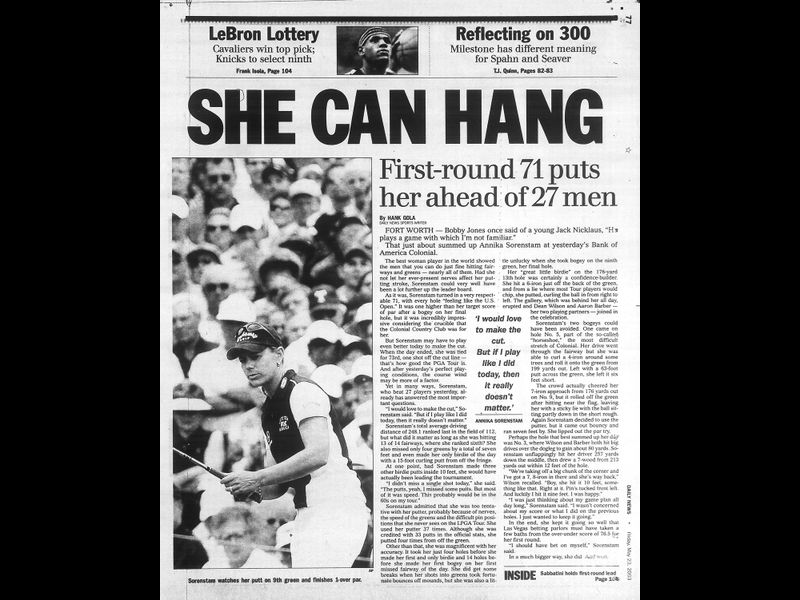
21 May
1881 Washington, D.C., History: Clara Barton and Adolphus Solomons founded the American branch of the International Red Cross. She had nursed in the US Civil War. Solomons was a philanthropist who put up the money when good Christians would not do so.
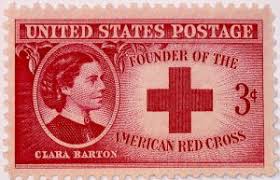
1908 Chicago, Entertainment: The first horror movie screened, ‘Dr Jekyll and Mr Hyde.’ This silent movie is now lost, but was well received by audiences and critics alike.
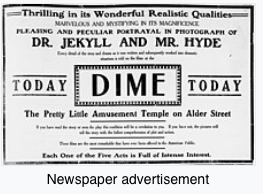
1914 Hibbing (Minnesota), Transportation: The first long distance bus company started with a single Hupmobile (as pictured below) and took the name ‘Greyhound’ in 1929. Now based in Dallas Texas Greyhound still does the driving to 3,800 destinations. Have ridden a few.
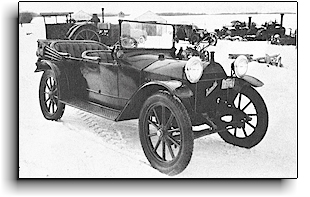
1932 St Johns (Newfoundland), Aviation: In twenty-nine hours and forty minutes Amelia Earhart flew solo across the Atlantic to Shannon in Ireland, as Lindberg had done in 1927. Well, I have been to St Johns but with Air Canada.
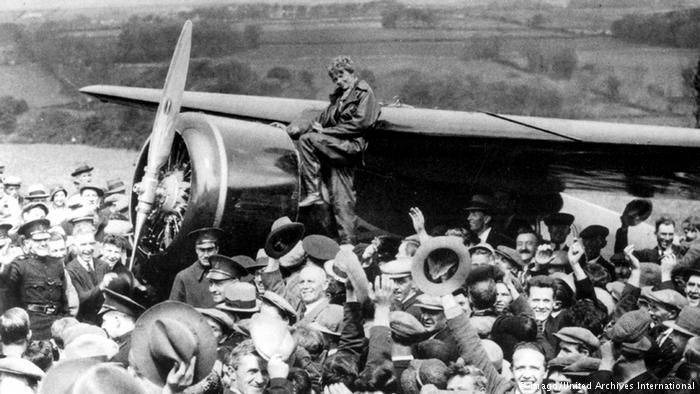
1999 Los Angeles, Entertainment: After eighteen nominations, Susan Lucci on the nineteenth nomination gained the Daytime Emmy for best actress in ‘All My Children.’ She politely ate a lot of crow the previous eighteen times at the presentation dinners.
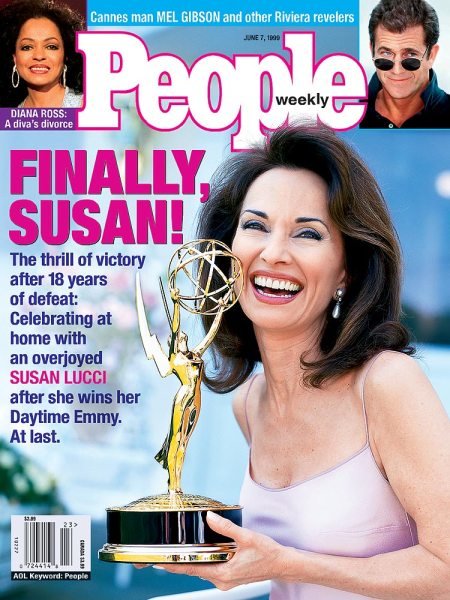
20 May
325 Constantinople, History: Emperor Constantine convened the first Ecumenical Council in Nicaea to resolve theological differences among Christians. Disputes continued. Think dancing angels and pins. There is an informative episode of Lord Bragg’s ‘In Our Time’ about this conference. I remember the name and nothing else from a college class on ‘The New Testament as Literature.’
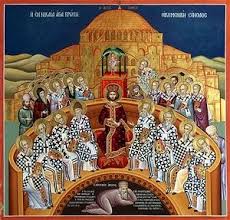
1867 London, Politics: MP John Stuart Mill introduced a private member’s bill to enfranchise women. It was roundly defeated and Mill was ridiculed. A biography of Mill is discussed elsewhere on this blog.
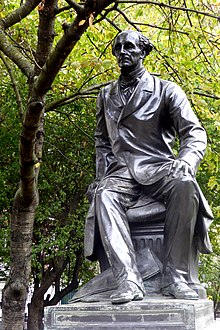
1873 San Francisco, Fashion: Levi Strauss and Jacob Davis patented work-pants made of denim and reinforced with copper rivets, i.e., blue jeans. Jacobs was a tailor and Stauss a clothing retailer.
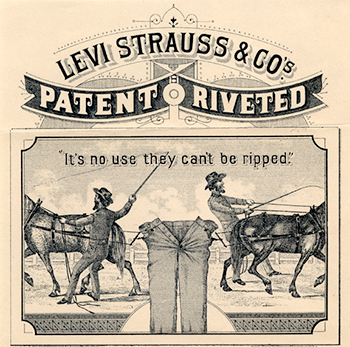
1927 St. Louis, Aviation: In ‘The Spirit of St Louis’ Charles Lindberg flew solo across the Atlantic Ocean. At the the time such a flight was thought impossible.
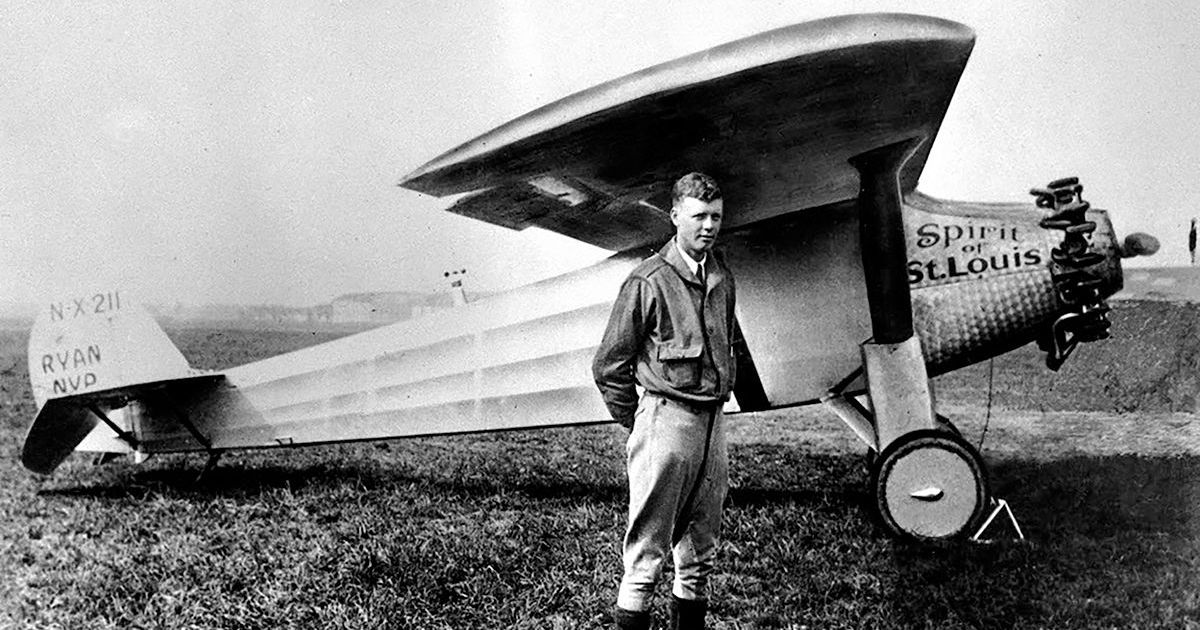
1990 Space, Astronomy: The Hubble Space Telescope transmitted its first photographs of deep space.

19 May
1884 Baraboo (Wisconsin), Entertainment: The five Ringling Brothers’ Circus premiered. Later they moved headquarters to Connecticut to be closer to the larger East Coast markets. It folded in 2017. Saw a few performances in the Civic Auditorium in Hastings.

1900 Simplon (Switzerland), Transportation: The world’s longest railway tunnel at the time opened between Switzerland and Italy. It took three thousand men more than two years to build. Sixty-seven workers died in accidents during the work. during World War II both the Swiss and the Italians prepared to block it or attack it. It is still in use.

1948 Canberra, Technology: The Curtin Labor Government proposed to make uniform all Australian railway gauges. Before 1901 Federation created Australia, the railways had started in the separate colonies in the middle of Nineteenth Century and differed. During World War II the incompatible gauges had delayed and hampered the transportation of war material and personnel. Yet even today, believe it or not, Ripley, differences remain.

1965 Luxembourg, Politics: President Lyndon Johnson named Patrica Harris, a black woman, US ambassador to Luxembourg. She was the first black woman to hold that title. Given the Luxembourg played a pivotal role in the European Community as an honest broker, this was a crucial post, not a backwater. She went on to be Dean of the Harvard Law School, and Secretary of Housing and Urban Development in the Carter Administration. These latter two appointments were also firsts for a black woman.

1986 Cannes, Film: ‘Le Déclin de l’empire américain’ directed by Denys Arcand was awarded the International Critics Prize at the Cannes Film Festival. With good humour it examines social change in an ensemble of Quebecois. Two sequels followed, each darker than the one before. My pick is ‘L’âge des ténèbres’ (2007). I have discussed it in a post elsewhere on the blog.
